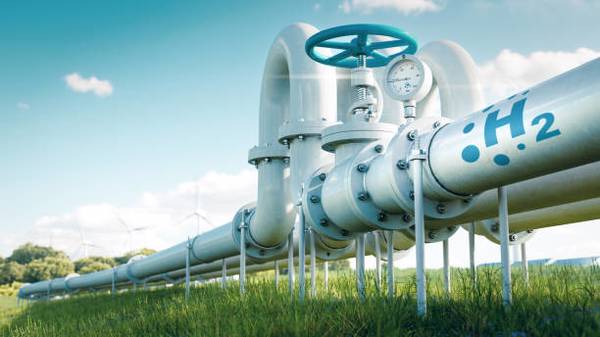Ports of Rotterdam and Duisburg conduct feasibility study on hydrogen supply chain in Europe
The joint study has highlighted the roles of both ports as future hubs for expanding the hydrogen market in Europe.
 PHOTO: Illustration of a hydrogen pipeline. Getty Images
PHOTO: Illustration of a hydrogen pipeline. Getty Images
The joint study has explored the feasibility of developing a “key hydrogen corridor” between the two ports to meet the growing demand for hydrogen in European markets.
Demand for low-carbon hydrogen is expected to increase in the North Rhine-Westphalia region by more than 3 million mt/year until 2045, the study noted. “Demand for methanol is also expected to increase significantly, to more than 2.5 million mt/year,” it added.
It further noted that both ports are also “mediating between the political and business worlds to match supply and demand and provide the necessary clarity to help speed up the decision-making on investments and subsidies.”
“We want to bring suppliers, users, and political players together at one table to develop concrete solutions for a sustainable path of hydrogen production and use," Port of Duisburg's chief executive officer Markus Bangen said.
The study highlighted the need to scale up infrastructure and transport routes to meet the expected increase in demand, and that inland shipping and rail transport will also be instrumental in achieving these goals.
Both port authorities expect the first hydrogen pipeline connecting the two ports to be completed by 2027. “Hydrogen derivatives pipelines and pipelines for the export of CO2 should follow.” The construction of the first hydrogen storage facility in the port of Duisburg is on track to start operation by mid-2025, the duo added.
By Aparupa Mazumder
Please get in touch with comments or additional info to news@engine.online






